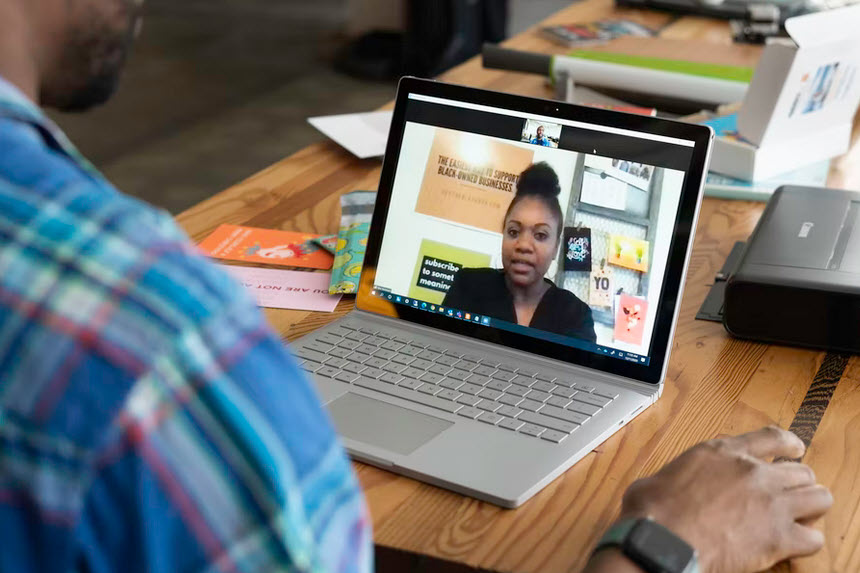
This is Part II of a 2-part post on enhancing student note-taking. Be sure to also read Enhancing Students’ Note-taking Skills I: Note-taking Methods. Students’ commitment to conscientious note taking will be strongest when they understand and actually experience the resulting benefits. Those advantages can be perceived on three levels: a) overall life skills, b) course-by-course survival skills, and c) winning tactics.
Continue reading








